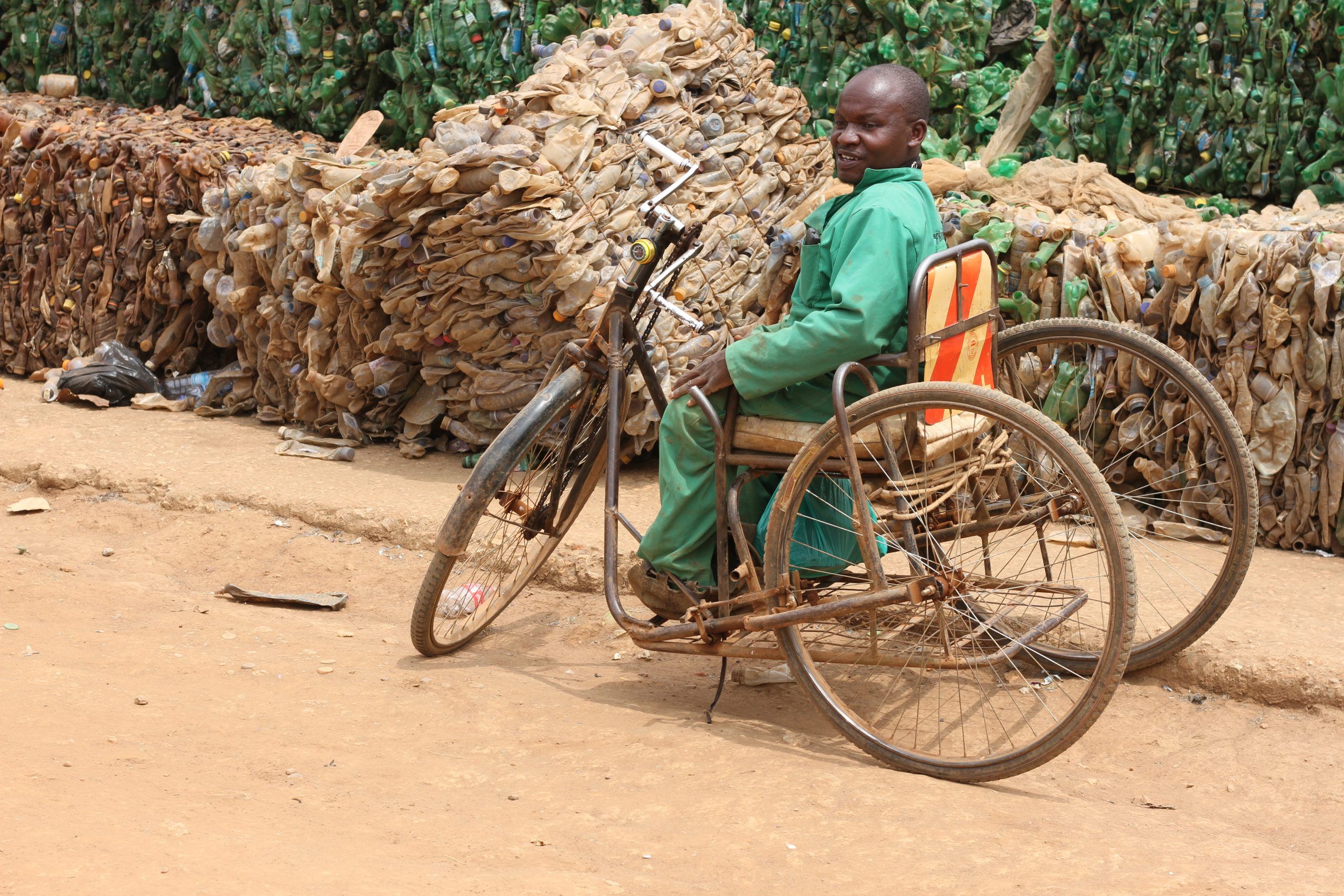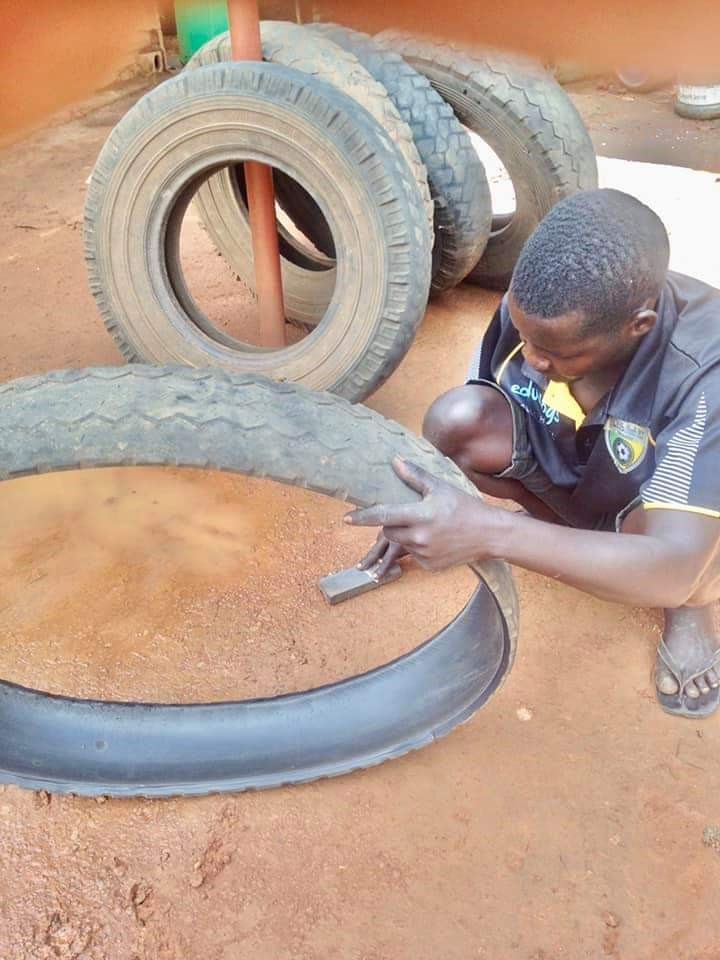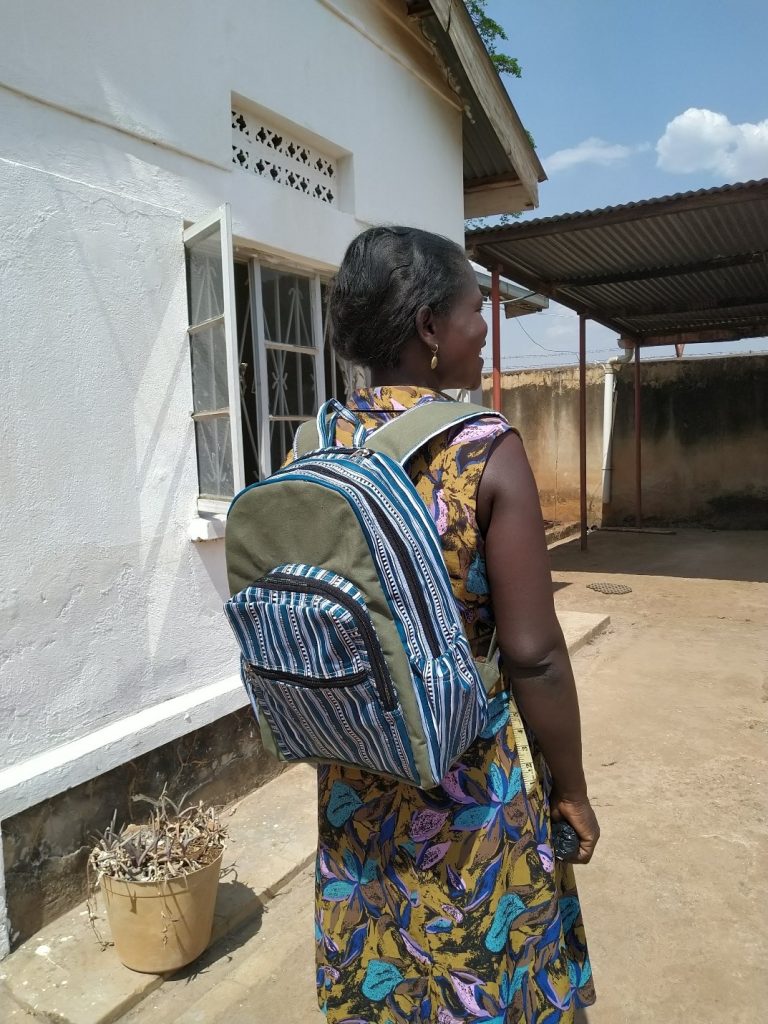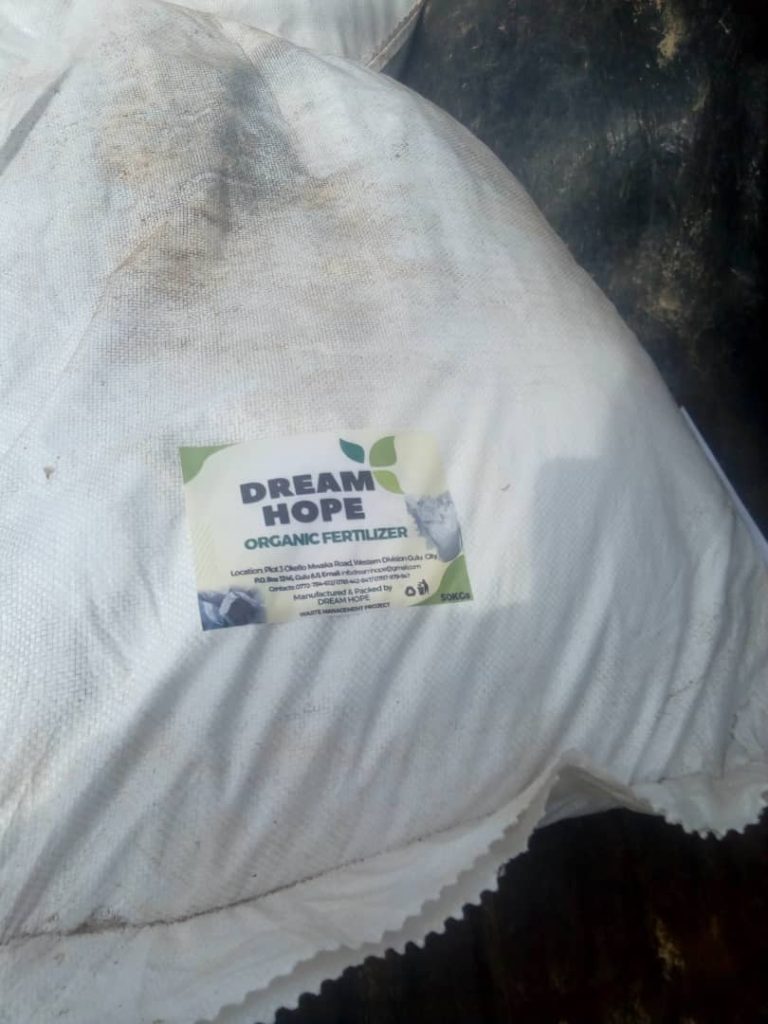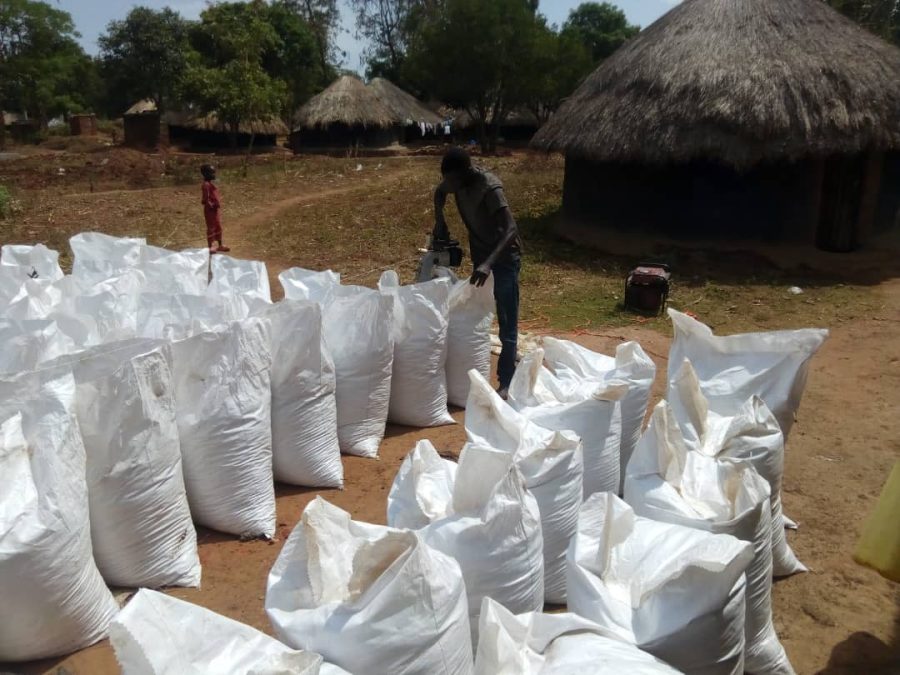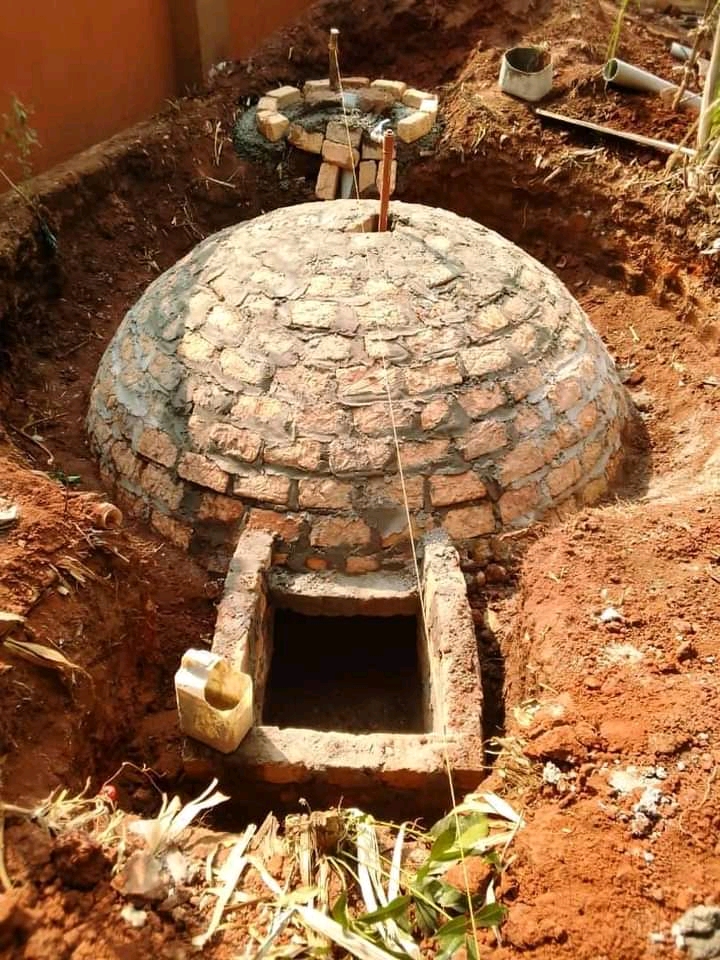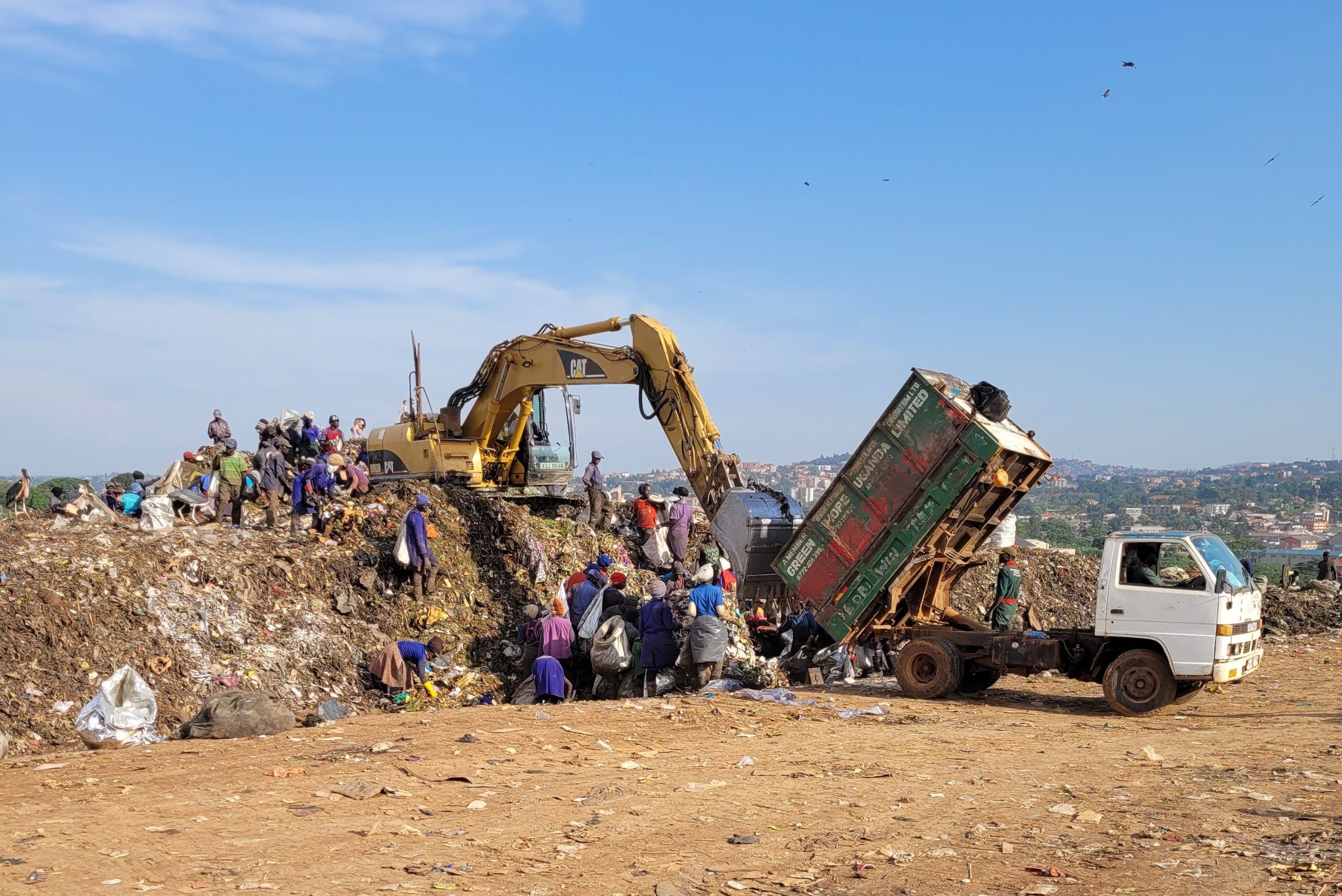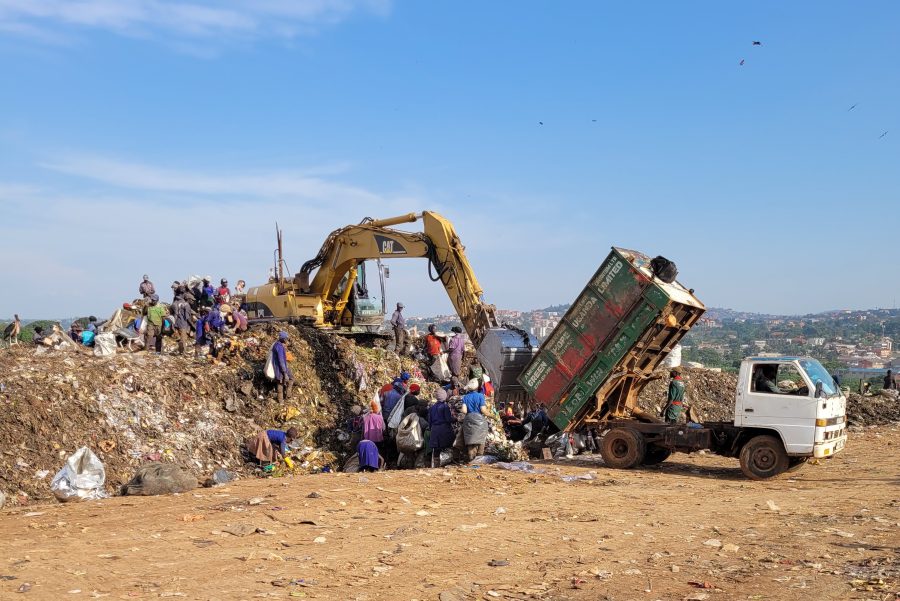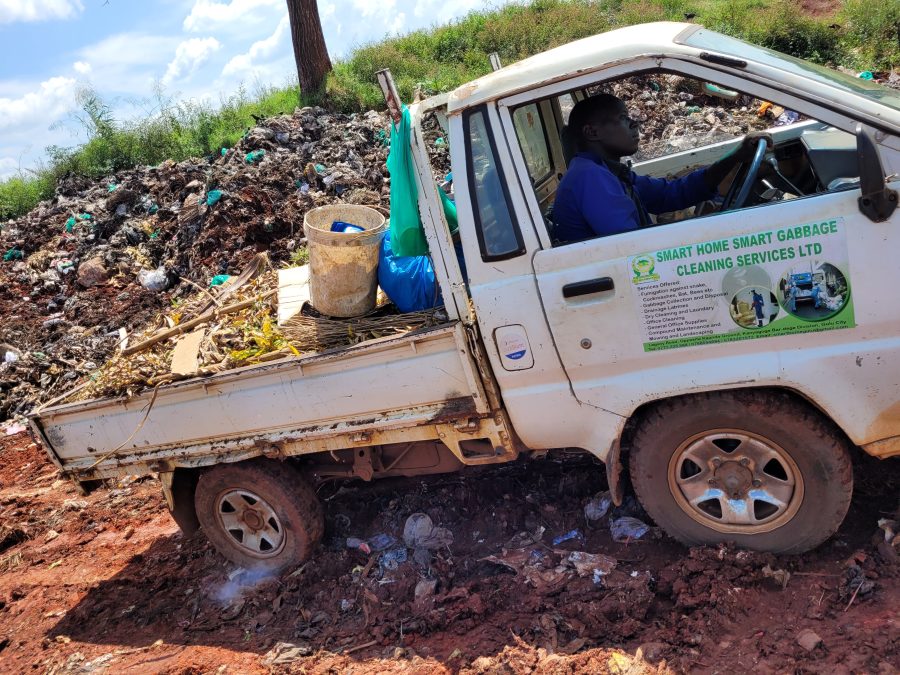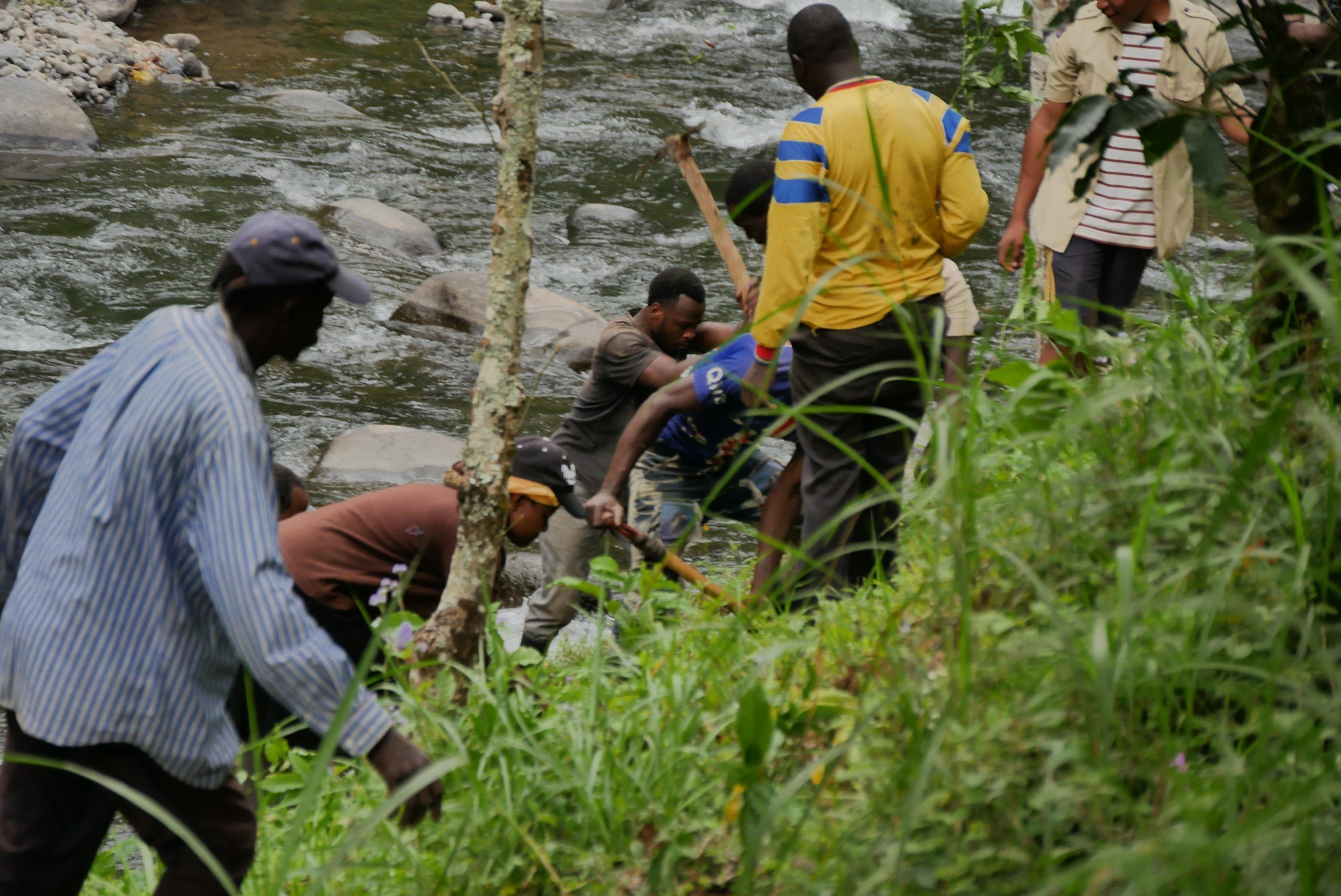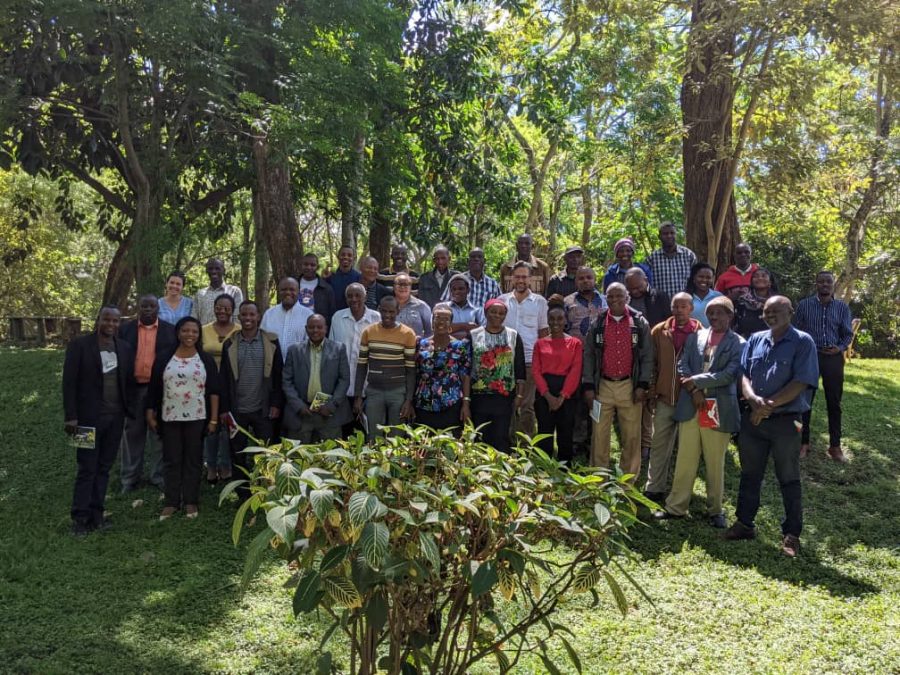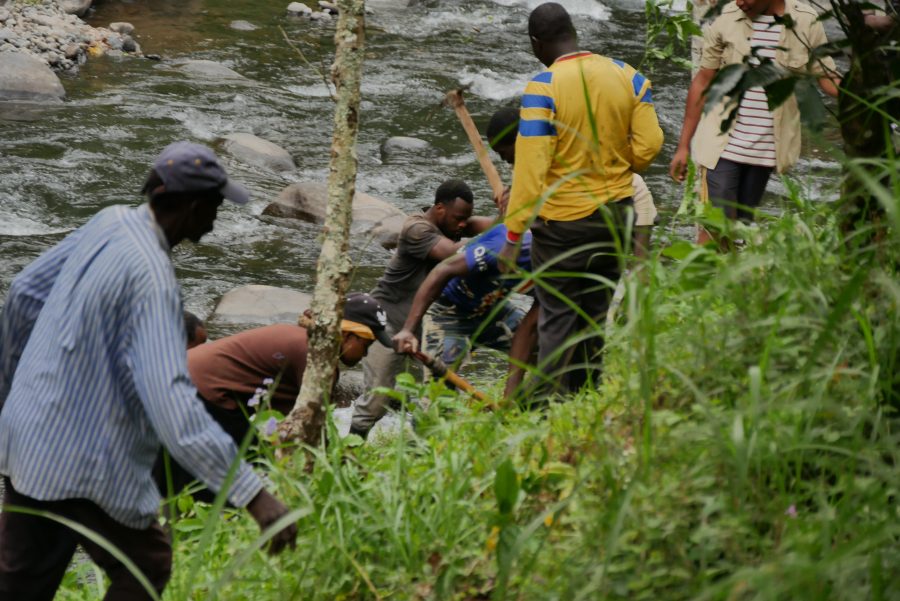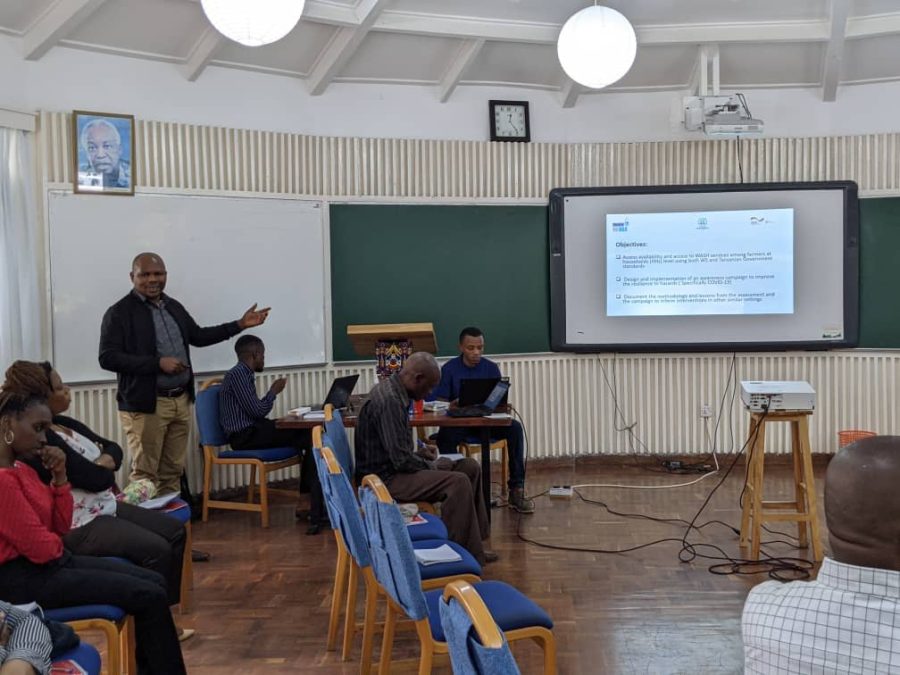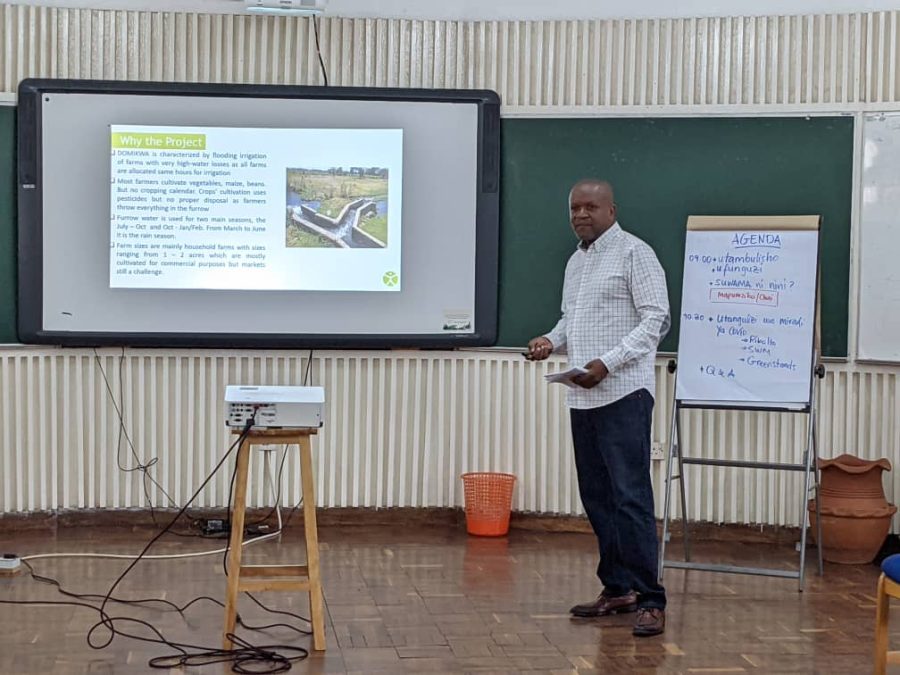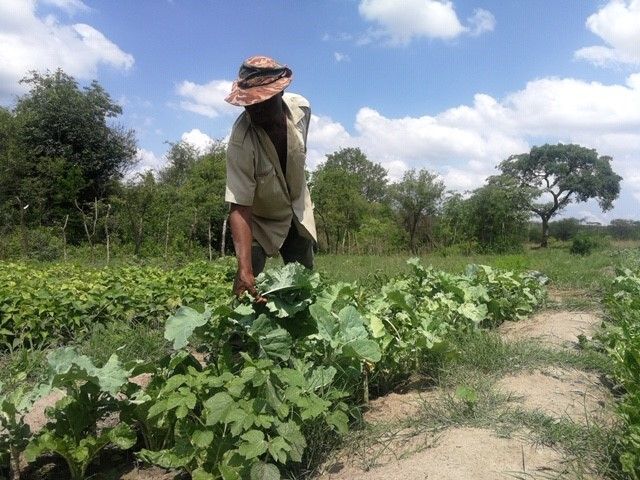Uganda’s first Green Growth Report highlights progress in waste management and green industrial practices
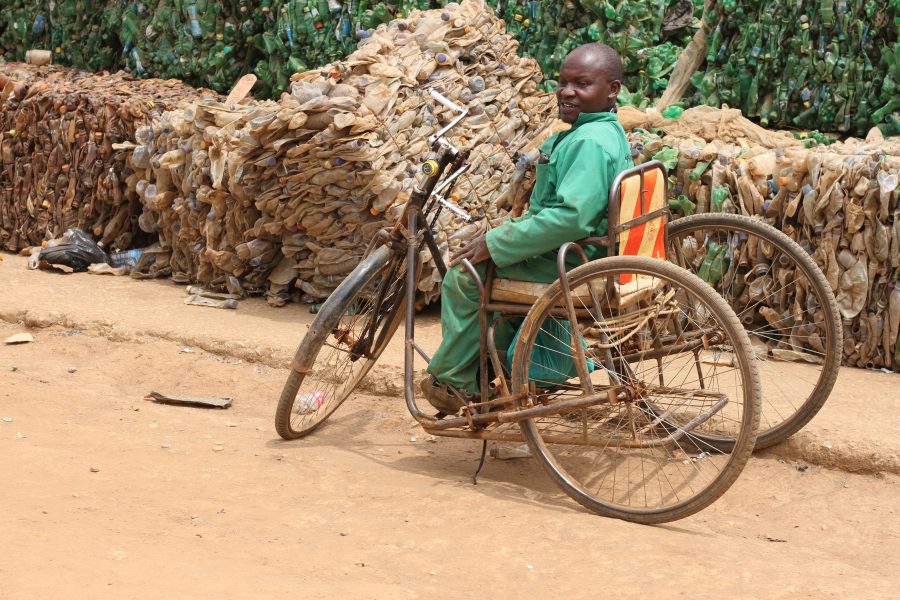
Copyright GIZ/Moses Masiga
Uganda’s economy is highly dependent on its natural resources. Therefore, it is critical that the country pursues a green growth path in its economic development.
In 2017, Uganda developed the Uganda Green Growth Development Strategy 2017/18 – 2030/31 to operationalize the broad green growth principles emphasized in the global Agenda 2030, the Uganda Vision 2040, and the Uganda National Development Plan. The strategy seeks to achieve inclusive, low-emission economic growth that prioritizes the efficient and sustainable use of natural, human, and physical capital.
The Strategy prioritizes five investment areas to improve livelihoods, food and nutrition security, decent green jobs, as well as climate change adaptation and mitigation:
- agriculture
- natural capital management
- green cities (urban development)
- transportation
- energy
The Green Growth Report as monitoring instrument
Since the inception of the UGGDS in 2017, there has been no progress monitoring to track the implementation of Uganda’s green growth strategy and its implementation roadmap. To bridge this gap, Uganda’s National Planning Authority, in collaboration with the Ministry of Water and Environment, and with the support of GIZ’s Natural Resources Stewardship Programme, developed the country’s first-ever Green Growth Report for the year 2020, entitled: “Stimulating resource use efficiency in manufacturing and waste management for sustainable development”. Because of the COVID-19 restrictions only recently lifted, the report will be released during Uganda Water and Environment Week in March 2022.
The report reflects Uganda’s progress towards meeting its green growth strategy targets between 2017 and 2020. It will be followed by a series of subsequent monitoring reports that will track the country’s progress towards a transformed economy on a green growth path.
Measuring progress
Economic, environmental, and social indices were used to track progress. Among the economic metrics were the value-cost ratio, gross margins, and costs from increased resource use efficiency and/or extended waste value chains. Greenhouse gas emissions and reductions (t COe/year) as well as waste accumulation are examples of environmental indicators, whereas social indicators include, among others, job creation, gender equality, and occupational health and safety.
The report highlights Uganda’s progress in implementing sustainable waste management practices, particularly green industrial practices (resource use efficiency). This is consistent with Uganda’s National Development Plan (III), which emphasizes “sustainable industrialization for inclusive growth, job creation, and wealth creation”.
Furthermore, the report highlights the status of systemic human rights inclusion, as well as gender equality in manufacturing and waste management. Using national and international compliance standards, the decency and inclusiveness of waste-to-wealth jobs were assessed in terms of occupational health and safety requirements, as well as the elimination of child labor.
Validation Meeting
On November 22nd 2021, a group of stakeholders from different public, private and civil society organizations met to validate the findings of the green growth report. The key take-aways of the meeting were:
- In terms of monetary returns, market-driven green inventions were the most successful. Some social enterprises with a focus on community involvement have also achieved notable success.
- Various approaches to environmental sustainability are being used, with similar results. This demonstrates the importance of standard reporting on water productivity and/or efficiency, energy efficiency, biomass efficiency, greenhouse gas emissions, and waste management, as well as guidelines for rating environmental indicators.
- In manufacturing facilities, greater gender awareness is required. Women and young people should be encouraged to take part in green growth initiatives. Better gender inclusivity can lead to more sustainable green growth outcomes.
Looking Ahead
This green growth report is the first step in what we believe will be a game-changer in monitoring Uganda’s green growth progress and providing evidence for initiatives and ideas that will steer economic growth in a clear and unwavering direction along a green growth path. As a result of the report, policy concerns and lessons learned have been identified, documented, and reported on as ways to strengthen the activities required to achieve sustainable manufacturing under NDP III.
It takes time to make a meaningful and long-term transition to a green economy. Uganda is committed to making steady progress.
To stay up to date, also follow us on Twitter!
